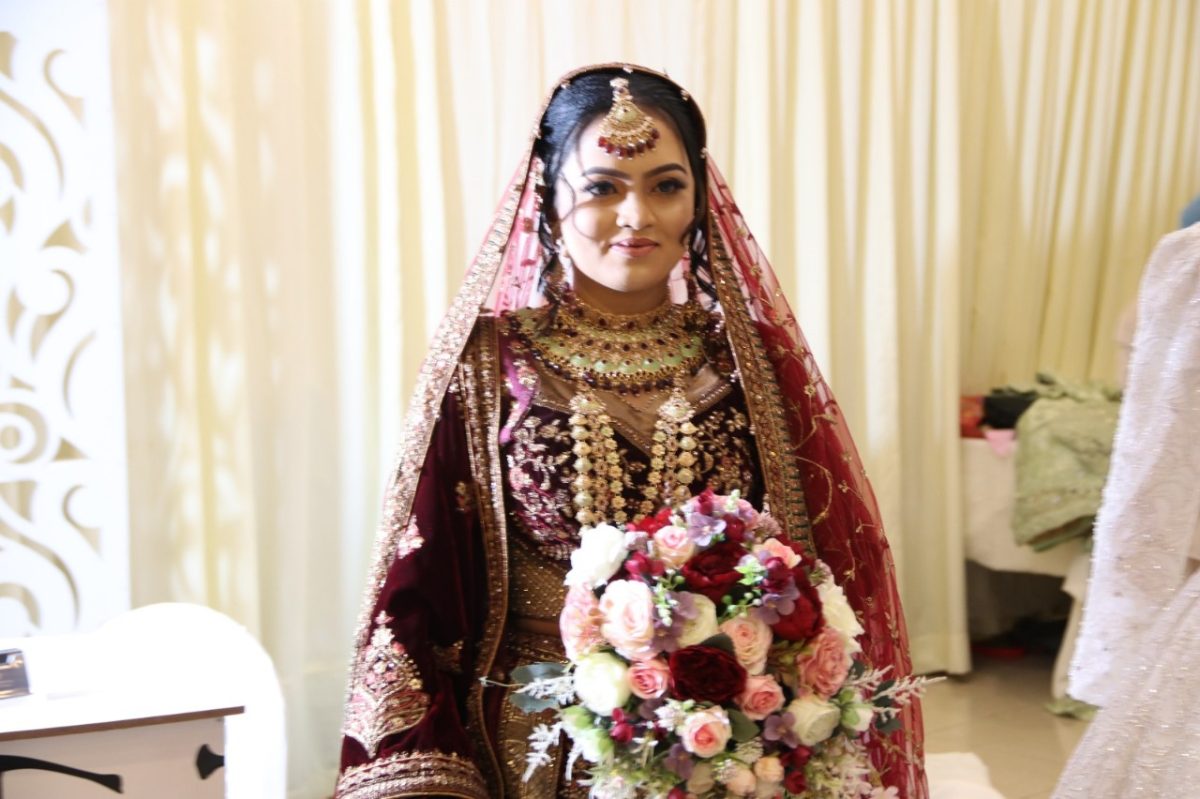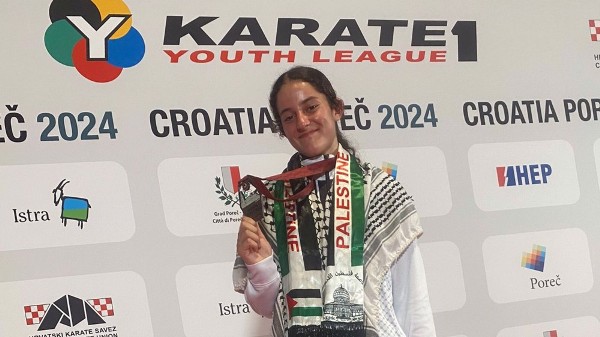 Strangers walk up, point to her hijab – the headscarf some Muslim women wear – and tell her she’s in America now, has rights and can’t be forced to wear the covering.
Strangers walk up, point to her hijab – the headscarf some Muslim women wear – and tell her she’s in America now, has rights and can’t be forced to wear the covering.
She thanks them. Then she tells them that she’s American-born, Kentucky-raised and understands her rights quite well since she’s an attorney.
And she assures them she wears the hijab out of choice, not coercion.
“It’s the last thing I put on before I cross the threshold of my home,” says Allouch, who is president of the Cincinnati chapter of the Council on American-Islamic Relations.
“Once it’s on my head, it’s a symbol of my commitment to my faith – my own individual commitment, not what someone else told me it should be. When I walk out that door, I choose to represent being an American-born, Muslim woman.”
But the headscarf that is seen by Allouch as a personal symbol of faith has become a matter of controversy, even penalty, for some Muslim women.
The Iranian women’s soccer team was banned from Olympic qualifying rounds last month because players wear a head covering. A California woman is suing retailer Abercrombie & Fitch after being fired for wearing a hijab – which, she points out, she also wore at her job interview.
The cases, along with recent news specials about Saudi Arabian women driving – which is forbidden – have intensified interest in the beliefs and practices of Muslim women.
And shown, many of them would say, that non-Muslims not only have a poor understanding of what goes on a Muslim woman’s head, but what goes on inside it.
The hijab is an obvious example. Westerners often view it as an accessory, as easily left off as an earring.
Muslims see it is an act of personal obedience, following verses in the Quran that exhort both men and women to modesty.
Rather than being an object of oppression, the hijab is viewed as “liberating” by women like Allouch.
Instead of leaving their identity to fashion designers and retailers, Muslim women make choices about how their body will be viewed and how they will physically express who they are, she says.
“Some people see the hijab as a requirement on women,” she says. “I see it as just the reverse. I get to control it. I get to decide what people’s perception of me is.”
Only in a handful of countries, including Saudi Arabia and Iran, are women required to wear the hijab. American Muslim women decide the matter for themselves.
Many are particularly irritated by the thought that males dictate that decision, or any other.
“Of all the things that frustrate us, one is the thought that other people need to speak on our behalf when we’re very capable of speaking for ourselves,” says Allouch, who practices law in Kentucky and Ohio.
To the perception they need to be freed from oppression, some wonder if the statement isn’t more fitting for females pressured to wear revealing clothing or to aspire to unachievable standards of beauty.
In contrast, Allouch says the hijab isn’t part of her wardrobe, it is part of herself.
Growing up, she sometimes saw it as a complexity. Now she sees it as clarifying.
“It’s another benefit of wearing the hijab,” she says. “Not only is it about me showing who I am, but it also gives me insight into who other people are. It shows me the truth of people.”
Post Disclaimer | Support Us
Support Us
The sailanmuslim.com web site entirely supported by individual donors and well wishers. If you regularly visit this site and wish to show your appreciation, or if you wish to see further development of sailanmuslim.com, please donate us
IMPORTANT : All content hosted on sailanmuslim.com is solely for non-commercial purposes and with the permission of original copyright holders. Any other use of the hosted content, such as for financial gain, requires express approval from the copyright owners.
 Sri lanka Muslims Web Portal Sri Lanka Muslims News Center
Sri lanka Muslims Web Portal Sri Lanka Muslims News Center
 Donate
Donate


